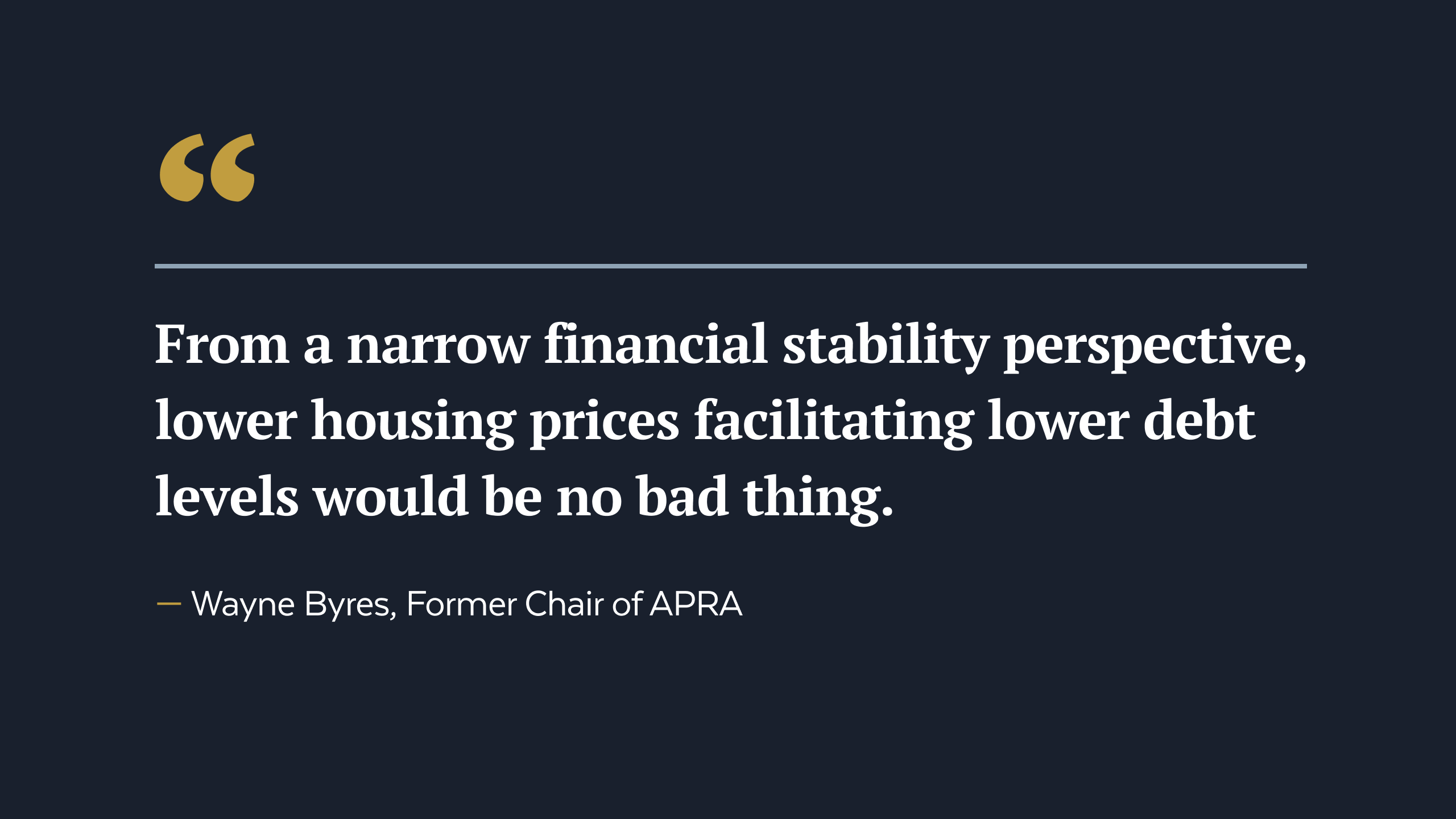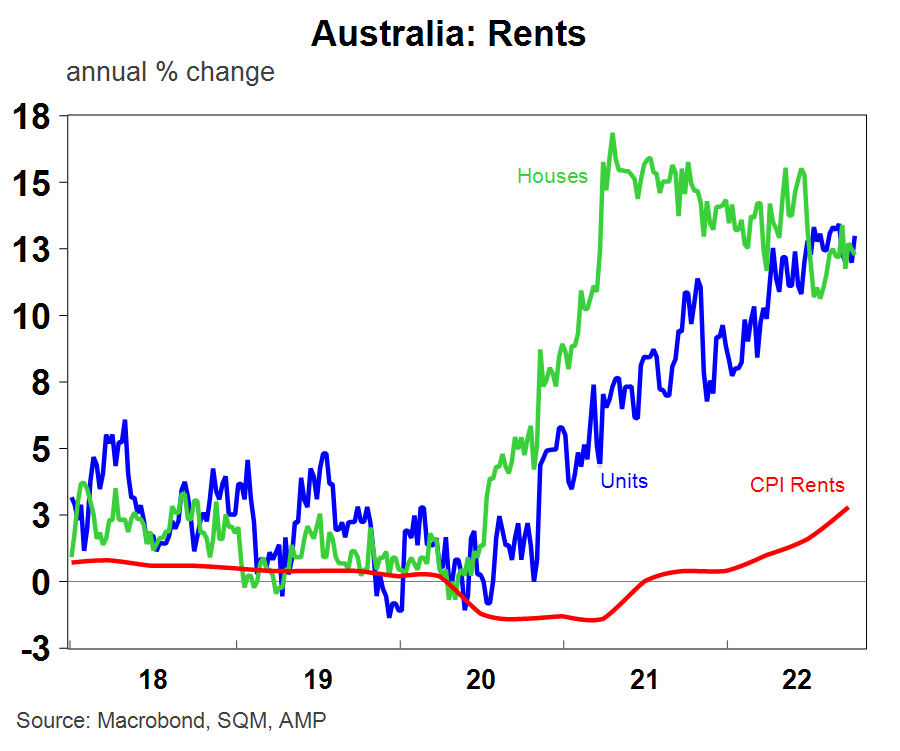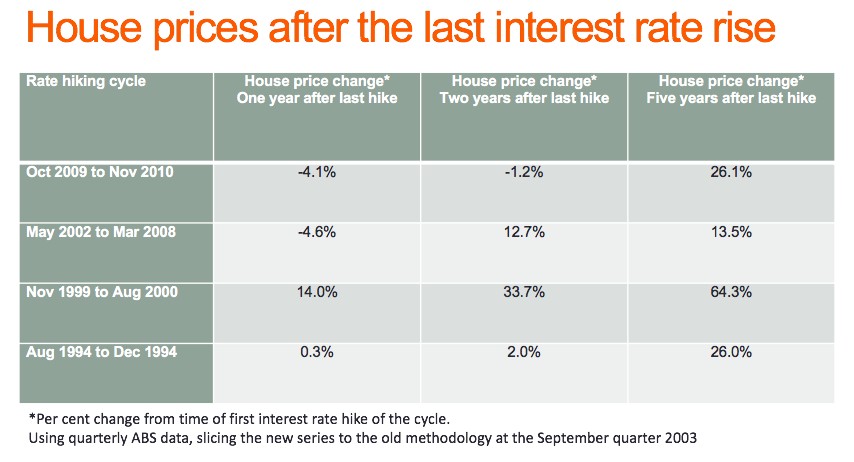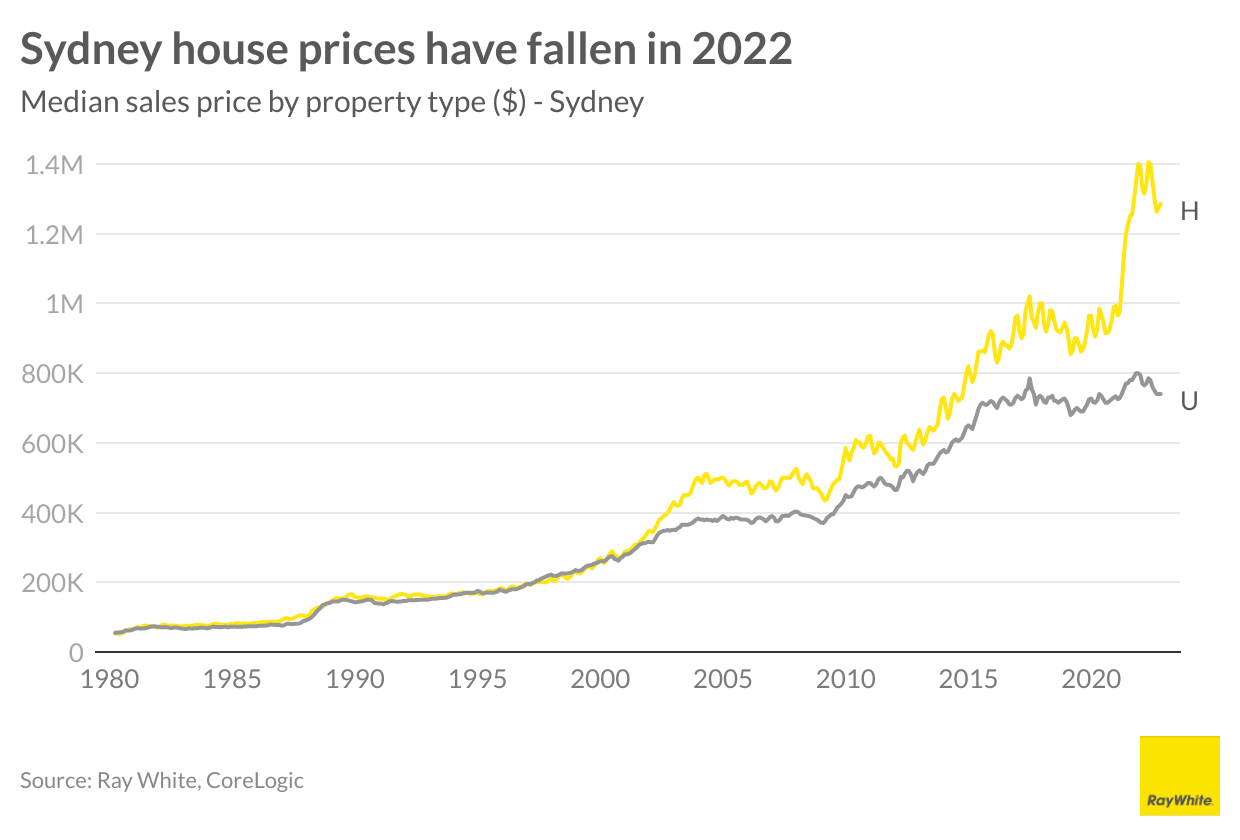Signal or Noise: When will Australia's property plunge end?
To quote the words of author Satyajit Das, property is Australia's default religion. The national residential market is worth nearly $10 trillion - five times the size of Australia's GDP.
Property is our obsession, and for a good reason. Investment properties have been a safe investment vehicle during times of low interest rates. Rents from tenants contribute to the mortgage an investor is paying off.
But this year changed that narrative drastically. CoreLogic's data suggests Australia has seen six straight months of house price declines. On the rental side of the ledger, SQM Research data suggests rents in the five capital cities are up by nearly a quarter in the past year alone. And, as of writing, the national auction clearance rate is just 60% (compared to a clearance rate of 73% last year).
Here at Livewire, the property sector is one of our most talked about topics. So it makes perfect sense to release a brand new episode of our economics series Signal or Noise focused on the surge and unwind of Australia's property market.
This month, I am joined by three of Australia's most astute observers around all things property and housing:
- Stephen Koukoulas, MD at Market Economics and former head of global research at TD Securities
- Nerida Conisbee, Chief Economist at Ray White and Australian property market specialist
- Diana Mousina, senior economist at AMP
Together, they discuss the biggest topics in property, including:
- Australia's house price slump - and when it might end.
- How much further rents can rise - and what we can do to fix it.
- Is Australia's "reverse migration" phenomenon real?
Note: This episode was taped on Wednesday, November 9th, 2022. An edited summary of the debate is available below.
THE DEBATE
Topic 1: Will Australian house prices bottom next year?
Diana - NOISE - Look to the peak in interest rates for a clue as to when house prices will bottom out, Diana recommends. She notes that AMP's forecast is in line with the consensus view, which suggests house prices could fall 15-20% before the market bottoms out.
Stephen - SIGNAL - The house price bottom could come as soon as the first quarter or first half of next year, in Stephen's view. Even if interest rates continue to go up, he argues the trade-off between renting and buying will slowly tilt back towards the latter.
Nerida - SIGNAL - To say the property price decline is over is too broad-brush for Nerida. She believes we'll continue to see weakness in the holiday homes space as people are travelling overseas rather than locally. Having said this, she believes the rising cost of refinancing and lack of rental supply will cause the market to balance out eventually.
In the meantime, former APRA Chair Wayne Byres recently said this:

So - was the fall in house prices long overdue?
Diana - YES - Although Diana believes you could argue there is some frothiness in specific housing-related loans, the majority of Australian homeowners are long the housing market. There is such a thing as the wealth effect, she adds.
Stephen - YES - Stephen argues that affordability is an issue, with Australian consumers some of the most heavily indebted in the world. If we did see a 20% fall in house prices and providing it stuck, the economy could be in real trouble, he says.
Nerida - YES - Given Sydney is still the third-least affordable major city in the world, there are still big challenges to overcome, Nerida argues. She believes there is no simple solution, and there is a lot still to be done.
Topic 2: Does Australia have a rental crisis?
Stephen - SIGNAL - It's a real signal, says Stephen, as real wage decreases continue to bite. The problem continues to be at the lower end of the market, especially for minimum wage earners.
Nerida - SIGNAL - The near-25% year-on-year rise in rents is actually "advertised" rents, meaning the real figure could be significantly higher, Nerida says. She notes that twice as many households are now under rental stress in comparison to the last Census 10 years ago. Owning your own home is a financial priority understood nationwide - but is it still the right one?
Diana - SIGNAL - Diana argues there is enough new supply in the housing market, even as the migrants come back and the peak of the COVID-19 pandemic wanes into the distance. She believes the tightness in the rental market will pass, and that investors will also earn their time to purchase again soon.
What other policy options are there?
Stephen - It's easy to suggest housing supply should increase but there is one problem that makes this time especially different, Stephen says. That question is, 'Who's going to build those houses? And where will those places be built, given everyone wants to be so close to work and other day-to-day activities?'
Nerida - The easy thing is for governments to hand out cash to first-home buyers or simply tell mansion owners to knock down their homes in favour of more apartments, Nerida says. But people don't want high-density buildings in their own backyards. So is the alternative to build on the fringe? According to Nerida, the answer is probably not - the infrastructure on the fringe just doesn't cut it.
Diana - Echoing Nerida's thoughts, Diana argues that everyone wants to live in a capital city! If people don't want to live far away from the CBD or want to move back to the city in the post-pandemic world, that creates a new challenge in and of itself, she adds.
Topic 3: Is the "reverse migration" trend real?
Nerida - SIGNAL - While it's real, it's not new, Nerida argues. The COVID-19 pandemic did accelerate the shift in working habits but when certain regional areas are simply more financially accessible, the move is natural and, in some ways, permanent, she adds.
Diana - NOISE - The move will probably end up being temporary, Diana believes. The regions, in her view, will do better in comparison to the capital cities in terms of the house price fall.
Stephen - NOISE - As people continue to adjust to living with COVID-19, they need to live closer to where they work and conduct their lives, Stephen adds.
The Charts to Watch
Diana - Rents versus inflation

Stephen - House prices following the last interest rate hike in a cycle

Nerida - Sydney's house price falls in 2022

Enjoying Signal or Noise?
Give this wire a like if you've enjoyed the discussion and hit follow to be notified when new episodes are released.
If you're not an existing Livewire subscriber, you can sign up to get free access to investment ideas and strategies from Australia's leading investors.
3 topics
2 contributors mentioned

